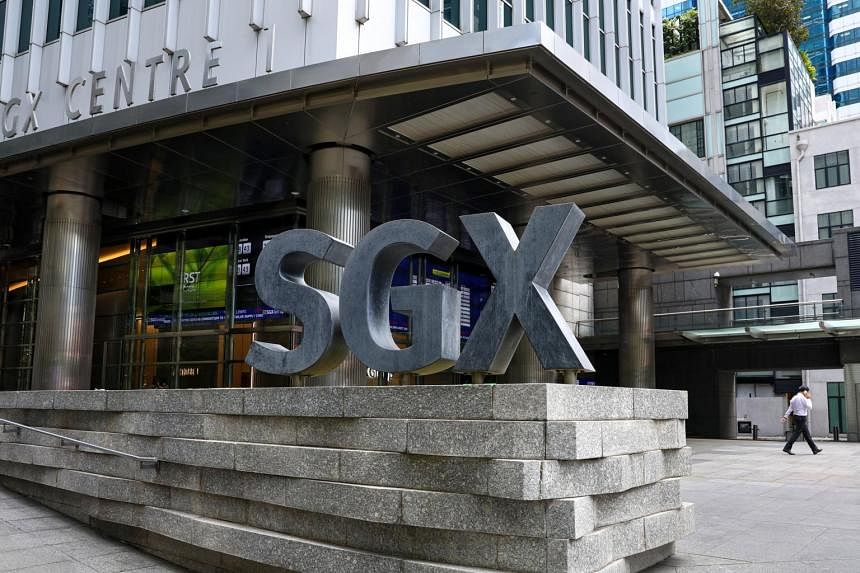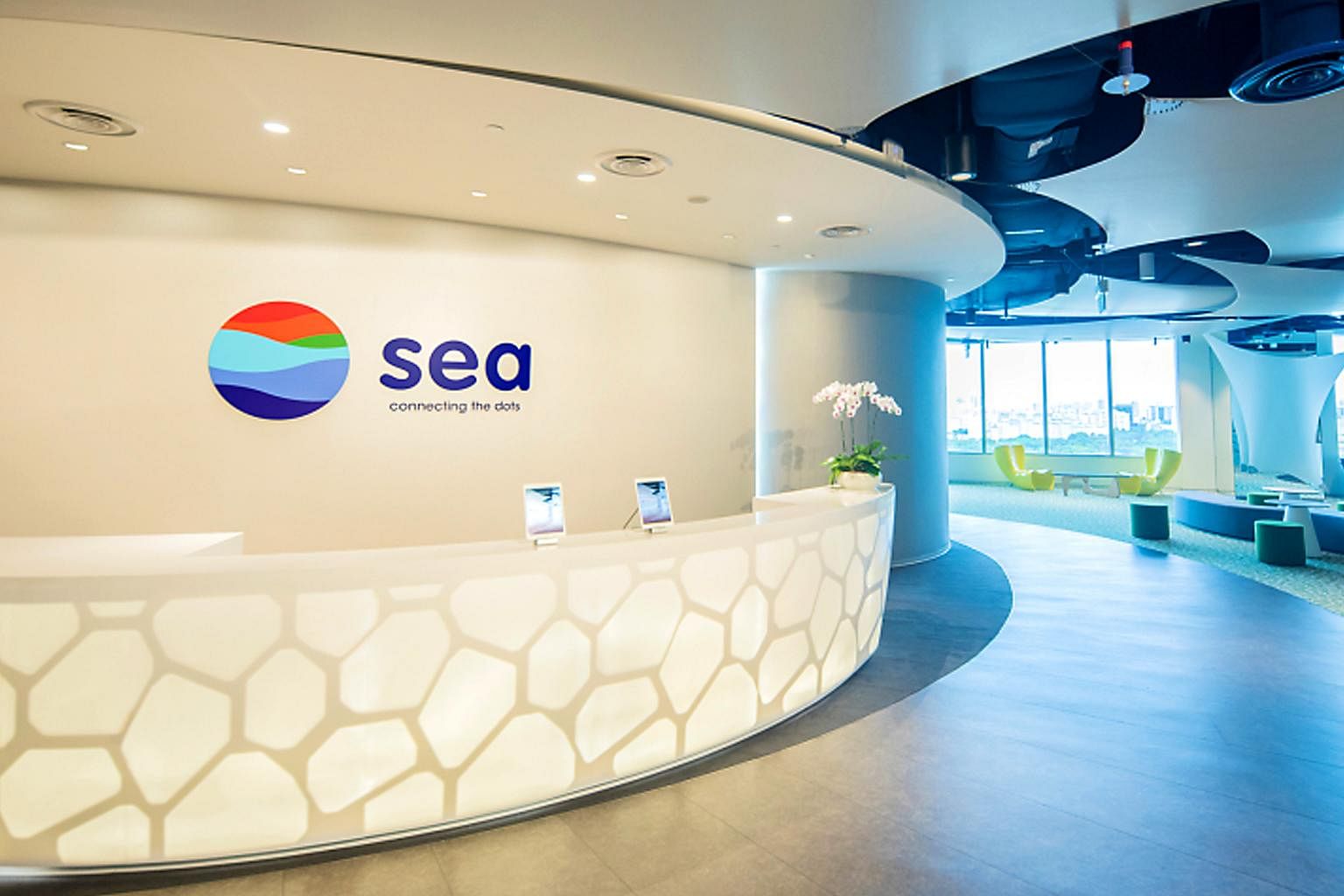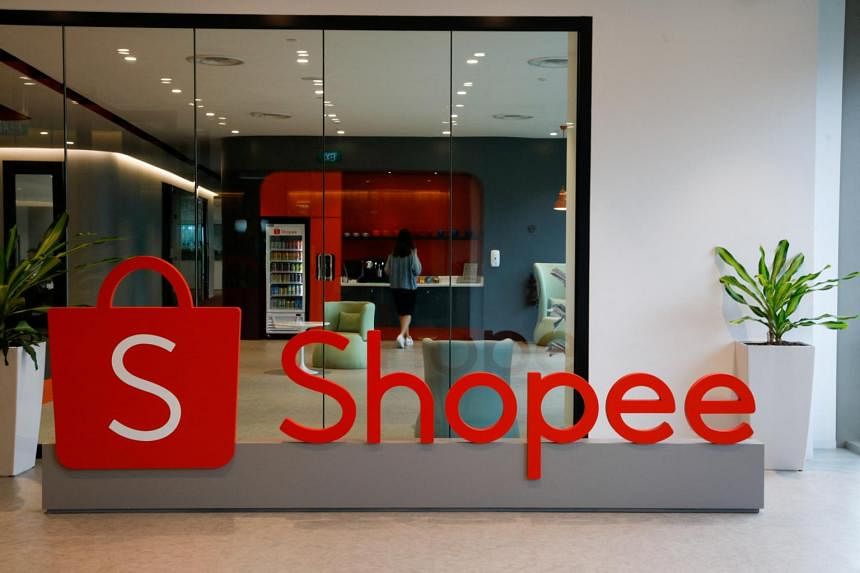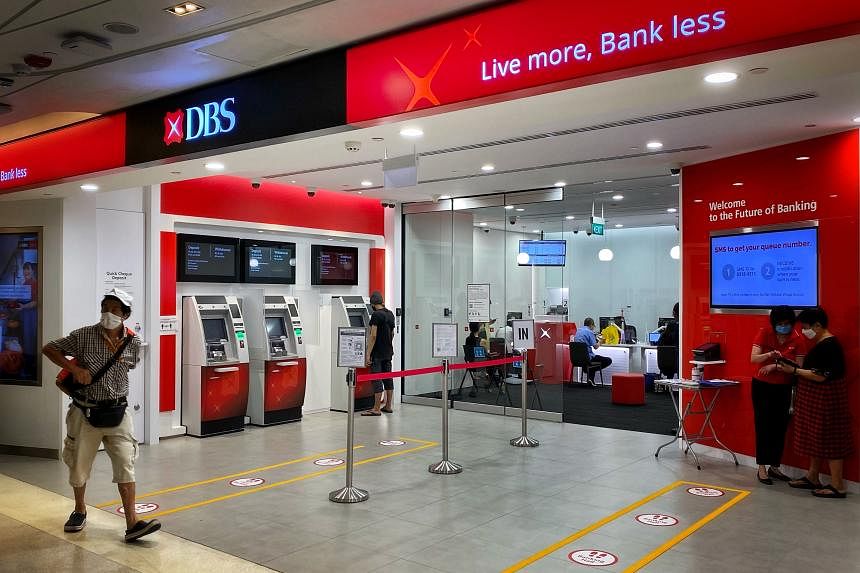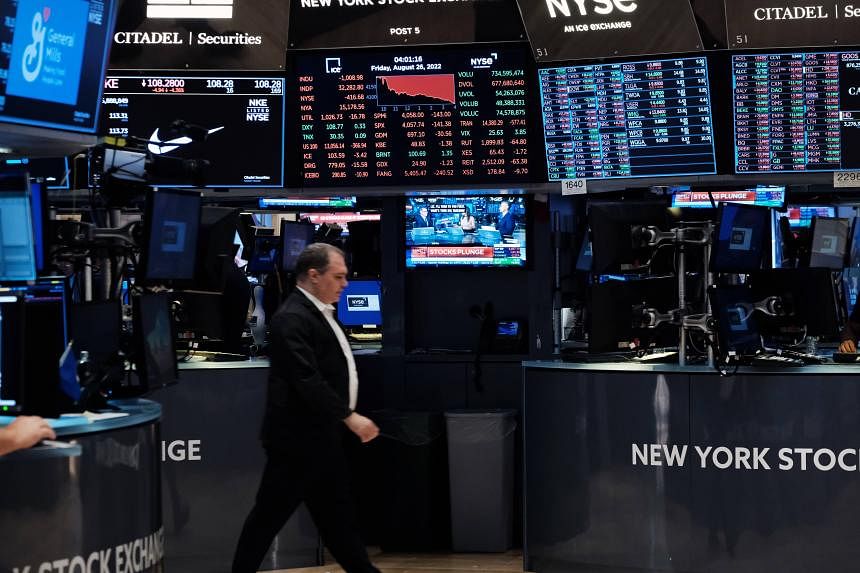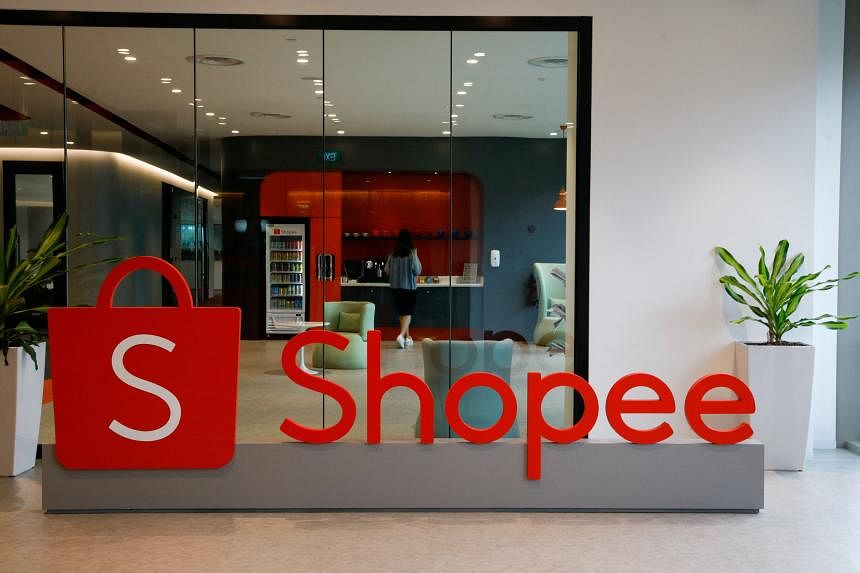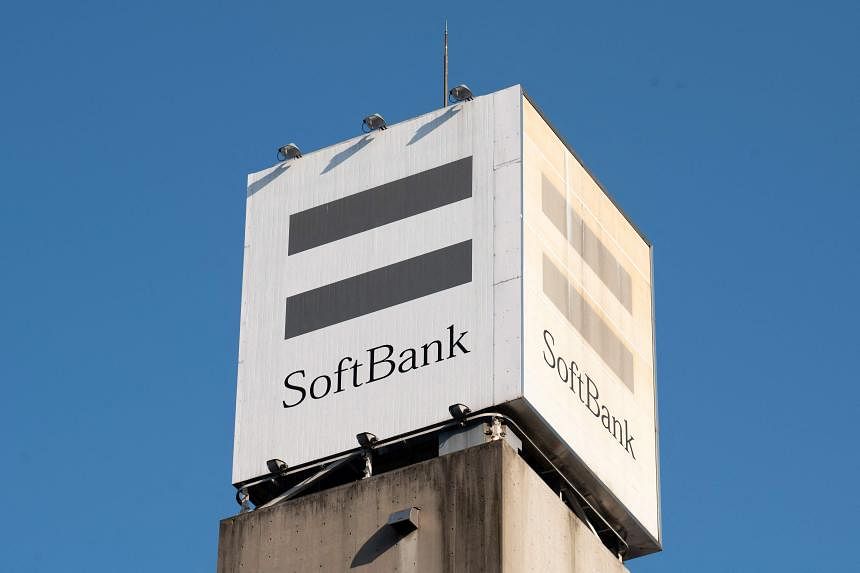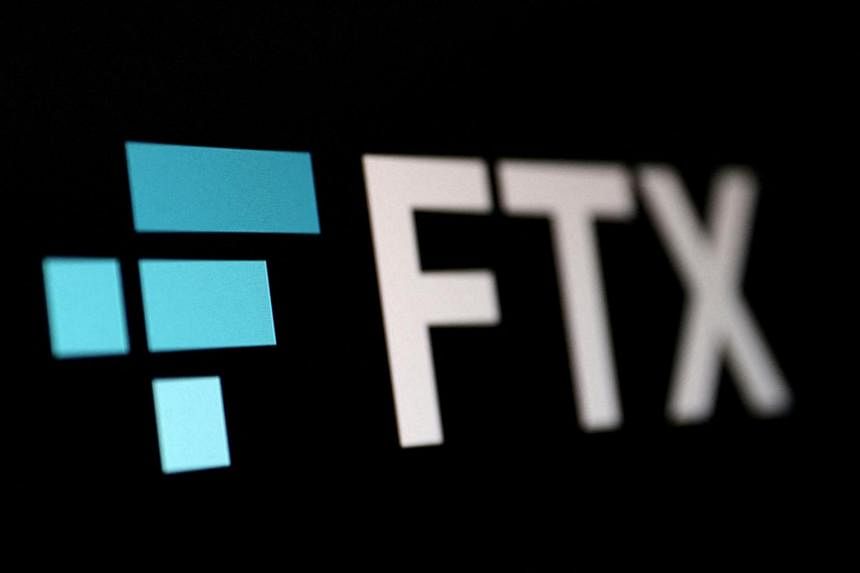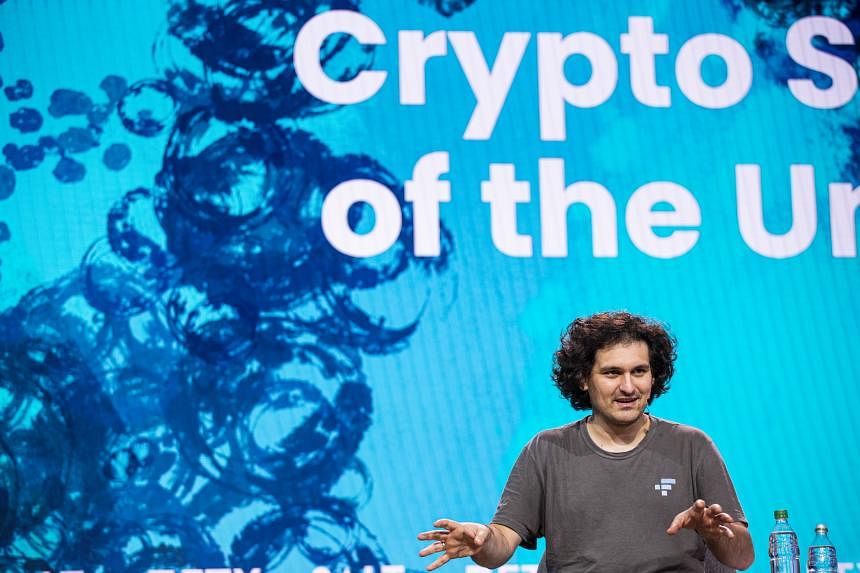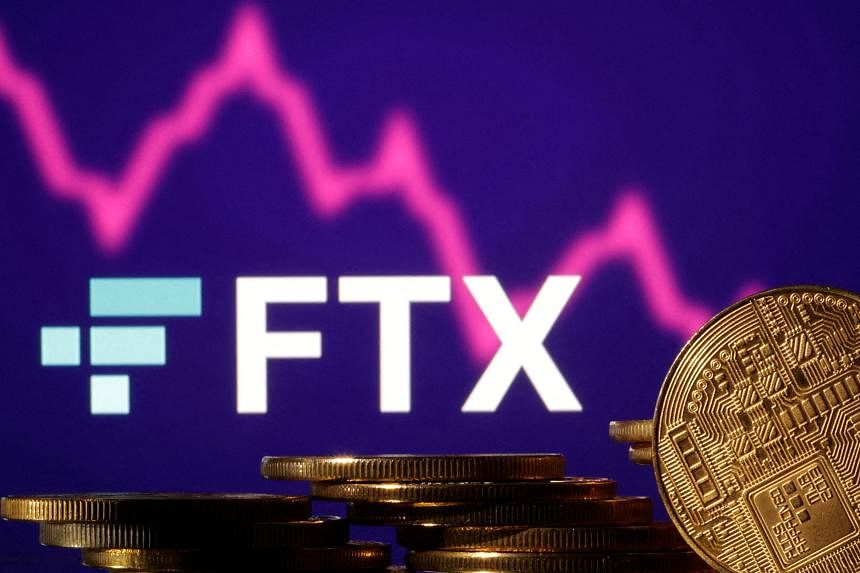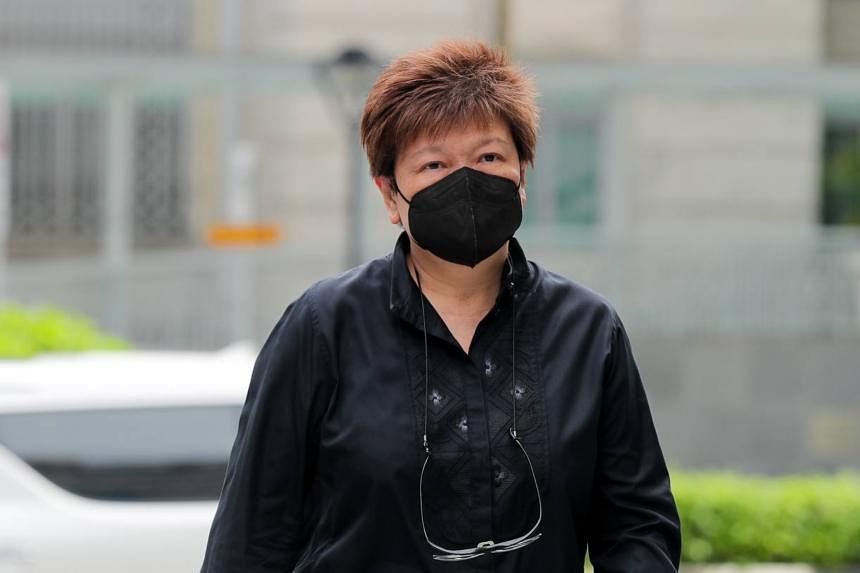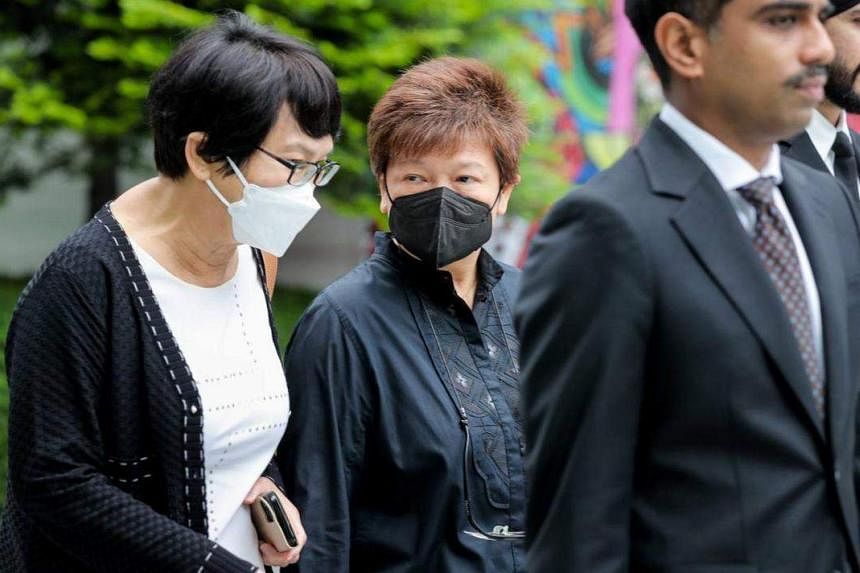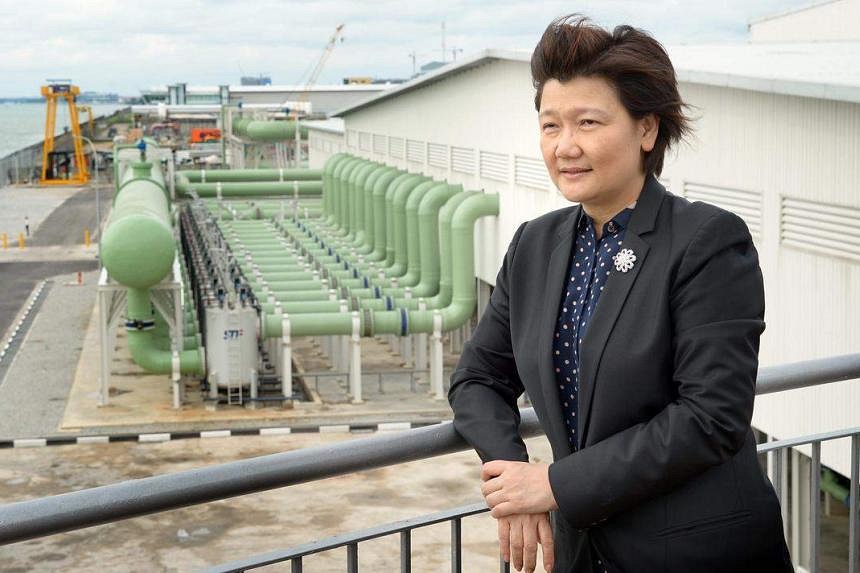- Joined
- Jul 25, 2008
- Messages
- 15,361
- Points
- 113
SGX disciplinary committee raps Aspen, directors over Honeywell announcements
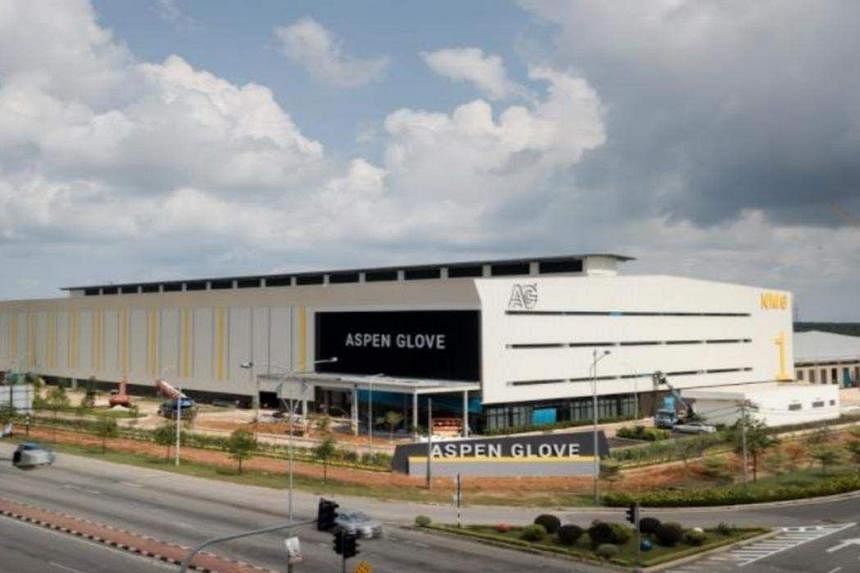
The committee found that the company and its directors had failed to promptly disclose material information to its investors. PHOTO: ASPEN
Yong Jun Yuan
AUG 28, 2022
SINGAPORE (THE BUSINESS TIMES) - The Singapore Exchange's (SGX) listings disciplinary committee has reprimanded property developer Aspen (Group) Holdings for false and misleading statements it made about a purported deal to supply Honeywell International with gloves.
In a regulatory statement on Friday (Aug 26), the committee also reprimanded Aspen's chief executive and executive director Murly Manokharan, and two other executive directors: executive deputy chairman Nazir Ariff and group managing director Ir Anilarasu Amaranazan.
Mr Murly has to agree not to take any position in any other SGX-listed company for six months beginning July 20 this year. He also has to undergo a training programme on listing rule obligations. The two other executive directors will also have to undergo such a programme.
Aspen had on April 13 last year announced a US$210 million (S292.9 million) two-year master supply agreement (MSA) with multinational conglomerate Honeywell.
But this statement turned out to be false. At the time it was made, the company did not have any executed copy of the agreement or confirmation that it had been officially executed.
News of the agreement was picked up by the media, including The Straits Times and The Business Times.
Honeywell subsequently contacted Aspen to stop circulating the announcement and asked that the company retract press statements it had issued.
Instead of issuing a retraction on the SGXNet immediately, Aspen made attempts to ask media outlets to take down their articles about the announcement.
According to a statement by the committee, Aspen believed "once it removed the press releases in the media, it would then have clarity as to whether an agreement between Aspen and Honeywell would eventually be signed, and thus be able to make an appropriate announcement at that stage".
It was not till April 24 that the announcement was retracted.
Honeywell indicated on May 8 that it would not proceed with the MSA with Aspen.
While Aspen indicated that it accepted the decision to terminate negotiations on May 11 last year, it did not inform investors of the development in its business update on May 17. Instead, Aspen only said that it would update shareholders via SGXNet when there were any material developments.
It was only on June 4 last year, after further queries from SGX, that the company announced to investors that the deal was called off and the MSA was not consummated by Honeywell.
Aspen's shares later fell 8.3 per cent between June 4 and 7, to 19 cents. This was also 23.3 per cent lower than its share price of 24.5 cents on April 13, when the initial MSA announcement was made.
In the committee's grounds for its decision, it laid out two charges against Aspen, Mr Murly, its executive directors and other relevant non-executive directors for not promptly disclosing that MSA negotiations had been officially terminated, and for failing to have in place adequate and effective systems of internal controls and risk management systems.
An additional charge of failing to promptly disclose the non-consummation of the MSA was laid on Aspen, Mr Murly and the executive directors.
Furthermore, the company and Mr Murly received a further charge for releasing the MSA announcement, which was non-factual, false and misleading.
Shares of Aspen fell 0.5 cent, or 9.8 per cent, to 4.6 cents on Friday, after the regulatory statement was released.




